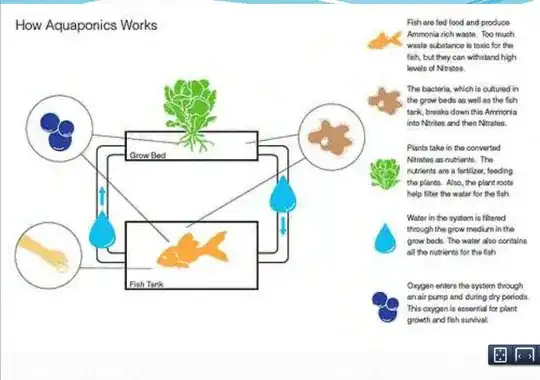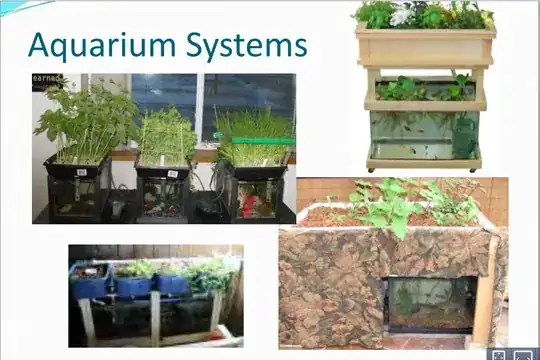Not sure you mean by this:
Was wondering if you could put non-water plants onto a fish tank so that their roots grow inside the fish tank. What are the chances of the plants being dangerous to the fish?
I also wasn't really sure you meant by "non-water". All plants require some amount of water.
Aquaponics
As for your other question:
I read that the fish and plants are beneficial to each other and if it would be good for them why not?
TLDR; Simply plants can grow roots in your a fish tank.
Regardless, plants and fish often share a symbiotic relationship with each other. If you are't familiar with aquaponics, i would recommend doing a quick google search. You'll find throngs of articles on this subject.
After a google search myself, I discovered this helpful overview by Colorado Aquaponics: http://www.coopext.colostate.edu/adams/gh/pdf/Intro_Aquaponics.pdf
How Aquaponics works:
On slide 4, there is a diagram describing this particular system of growing plants.

Examples of Aquaponics
If you review slide 16 they provide some photos and examples of the example you are speaking about (small fishtank aquaponic systems):


